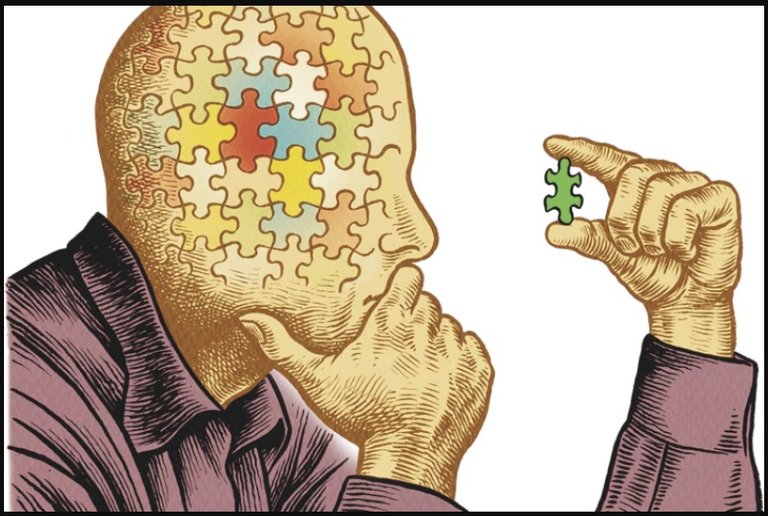.
.
The teacher entered the room with a glass of water. He placed the glass on the table and asked the students what they see on the table. Most of the students replied that they see a glass with water, a few of them said, a glass with half water, and many few students said, a glass is half empty.
Now, among the students who do you think is wrong and who is right! Yes, I agree with you, all of them are right while they gave an answer from their point of view and their understanding accepting the fact that the glass has different signs that are visible to everyone but noticed differently by individuals.
We all know, this example of a glass of water. And this example can be taken as the simplest phenomenon of critical thinking. What is critical thinking? Critical thinking is the capacity to think clearly and rationally, recognizing the logical relationship between concepts. Critical thinking is all about asking questions. The correct questions to ask to evaluate the importance and meaning of statements and arguments.

Thinking critically means taking a stand for yourself. It can be difficult to resist being affected by the perspectives of close relatives or friends, or by certain beliefs that just feel right, but learning to employ these higher-order thinking abilities can help you feel much more secure in your own findings and thoughts. Not only is critical thinking a sense of discovery and excitement, but it is also about examining arguments to see if they hold up and determining what resonates is true or wrong for oneself. You will become a clearer and better thinker if you use this strategy.
Building and practicing these abilities in your life makes it simpler to analyze facts, evaluate arguments, and change your thinking in different settings, allowing you to stay switched on and engaged. Before forming judgments or conclusions, critical thinking requires taking a step back from a situation to evaluate it from all sides. It includes considering the most important aspects of an information source and weighing several sorts of evidence. Just like, in a court of law, a judge and jury would do the same thing.
One thing to keep in mind is that critical thinking is much more than just discovering faults in other people's assertions. Finding flaws in other people's claims isn't enough to give you an advantage. Being a truly critical thinker necessitates being inventive, thoughtful, and flexible. When evaluating the evidence, how do you know what is correct? What is important, and do you have enough knowledge to make an informed judgment on this subject?
It's more an issue of habit and strategy than intelligence when it comes to knowing when and how to interact critically. You can question practically anything if you have the basic resources, which are expressed in two related concepts: skepticism and objectivity. Skepticism is doubting something's veracity, and objectivity involves attempting to observe things from a more impartial perspective, putting my personal thoughts and biases aside as much as possible to establish the fact that matters. And this may sound easy and obvious yet it’s at once difficult and achingly unnatural as the British author ‘George Orwell once rather neatly put it "to see what is in front of one’s nose needs a constant struggle and in general, one is only right when either wish or fear coincides with reality".

People used to believe the earth was flat because it seemed and felt flat until new understanding drove skeptics to question this assumption. People used to believe the sun orbited the earth because it appeared to do so until new understandings emerged from the acquisition and analysis of fresh information, which was then updated as we learned more about the cosmos. In other words, critical thinking entails not only "explaining why we believe something to be true" but also "having to modify our ideas when facts change." People dislike having to change their thoughts, especially if they are in the business of being confident and instructing others on what to do. ‘Perfect objectivity is impossible, but progress isn’t’. In a hundred years’ time, quite a few of today’s beliefs will be considered laughable in the light of new knowledge.
Thank you for stopping by.